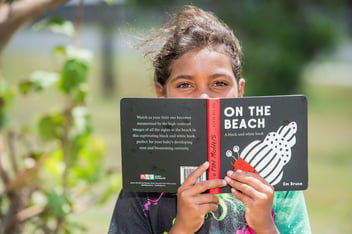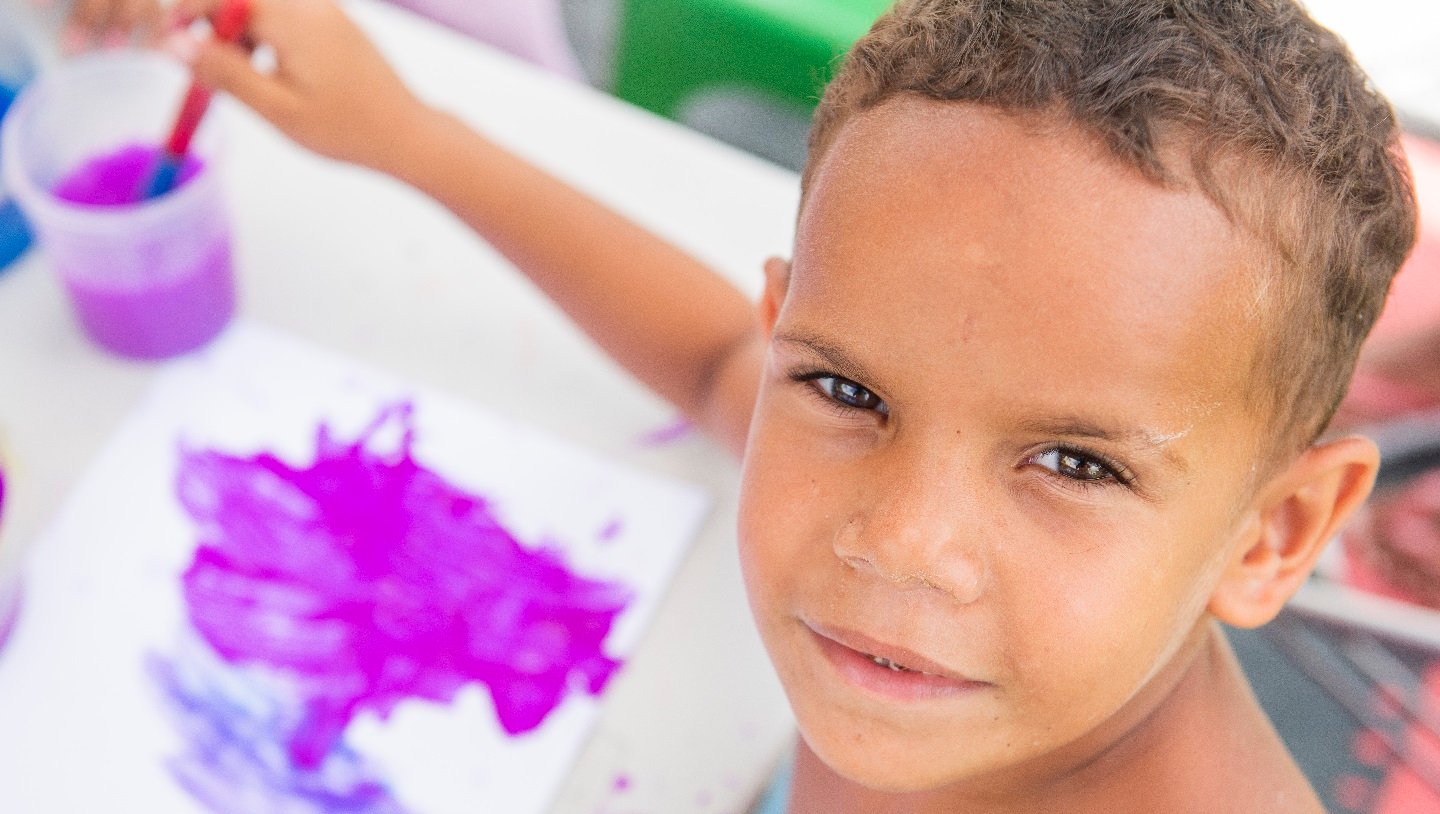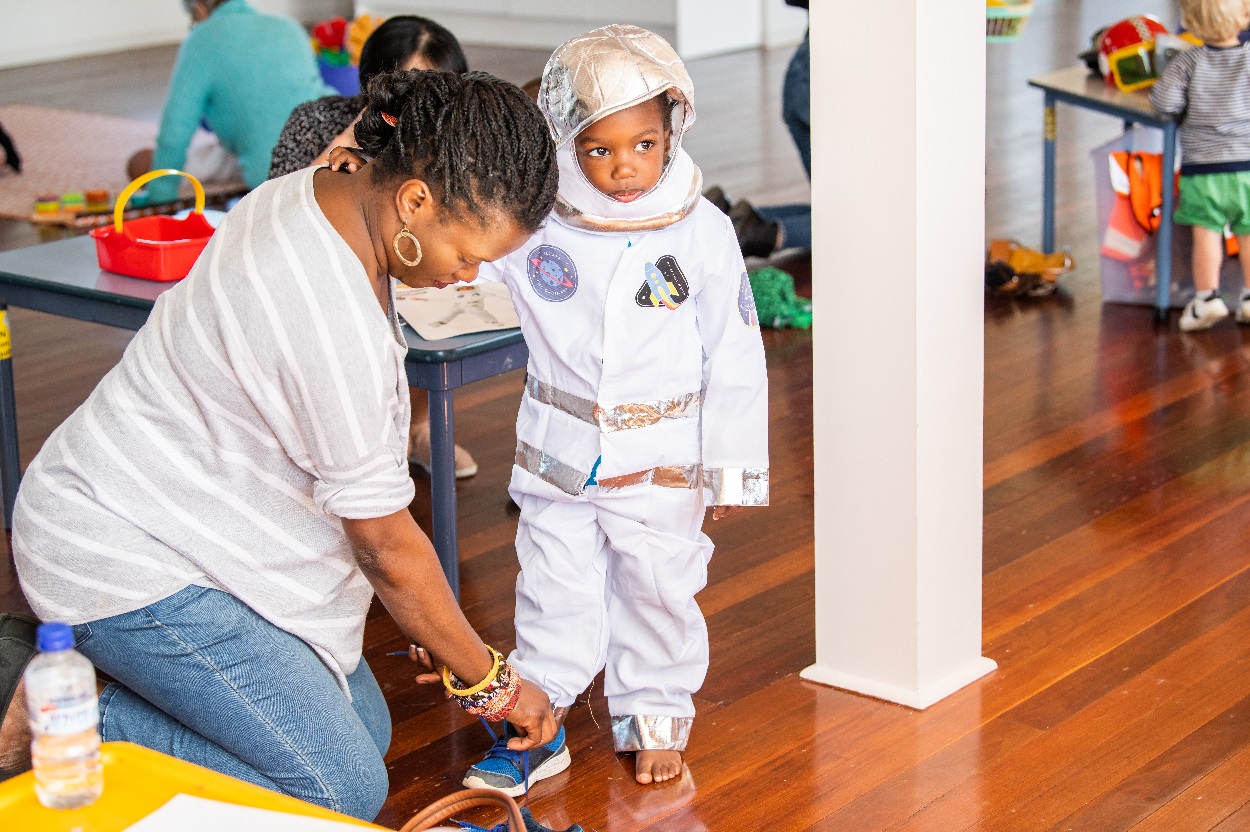The Early Years Learning Framework (EYLF): Belonging, Being and Becoming, is Australia’s early childhood curriculum document, covering all prior-to-school contexts including playgroups and childcare. First launched in 2012, recently an updated version of the EYLF has been launched to better reflect contemporary practices. This comes with new principles and clearer guidance.
Updates to the EYLF have been made following extensive consideration and assessment of contemporary research, stakeholder engagement, and consideration of practice across a wide range of early childhood settings. The updates include clarification, expanded explanations, revised practices and three new principles.
The new version elevates the areas of sustainability, inclusion, critical reflection by the workforce, and the importance of Aboriginal and Torres Strait Islander ways of being, knowing and doing.
Here at Play Matters we ensure our programs, practices, and resources all align with the Early Years Learning Framework. It is Australia’s guiding document for early years learning and development, and we are excited about the update. We’ve outlined some of our biggest celebrations:
- There is a strengthening of the connection between play-based learning and intentionality. In the previous version of the EYLF there were two separate practices (play-based learning, and intentional teaching). The revised framework combines these areas, in a way which is more nuanced, mature, and relevant for the sector. We celebrate this as a positive step away from the idea that play and learning are independent experiences, and instead toward the Play Matters vision that play and learning co-occur and cannot be separated. There is greater clarity on how play-based learning connects to learning, development, and wellbeing for young children in the revised EYLF. Notions of multimodal play, and the integration of pop culture, digital technologies, and media are acknowledged. More examples of what play, and learning might look like are also helpfully provided.
- A new focus on learning about personal safety for young children is included in response to the Royal Commission into Institutional Responses to Child Sexual Abuse. Here at Play Matters Australia we take child safety and protection seriously and celebrate this acknowledgement that learning about personal safety is a key protective mechanism for young children.
- Children’s wellbeing has more of an equal seat throughout, along with learning and development.
- In Version 1 of the EYLF the word ‘brain’ did not occur once. In the new version, ‘brain’ occurs 12 times in relation to how play supports brain development. There is also emphasis in one of the new learning outcomes on children learning about how their own brain works. These changes reflect an increasing acknowledgement of the importance of brain health and development in the early years.
- There is a strengthening of Aboriginal and Torres Strait Islander perspectives throughout (including a new principle). Having launched our Reconciliation Action Plan in May 2022, we are pleased to learn as we walk alongside the whole early childhood sector to better embed these perspectives in our work.
- The principle of ongoing learning and reflective practice has been built upon, which is well aligned with our strong learning culture and evaluative thinking here at Play Matters Australia.
- Greater development of partnerships to include other (non-education) professionals is evident.
- There includes a greater emphasis on relational and place-based pedagogies, including importance of valuing rituals and routines.
- An expansion of partnerships to include children, other professionals, and communities can be seen in the update. Here at Play Matters Australia we will shortly commence work on our Child Participation Strategy which hopes to empower and enable children to have a voice and contribute to decision making at playgroups and across the organisation.
- A broader and more clear understanding of diversity, inclusion, equity, and high expectations is present throughout the new document.
- Self-regulation was mentioned once in the old version and seven times in the new version.
- Executive function was not mentioned at all in the old version, and four times in the new version.
- The word ‘play’ occurred 69 times in the old version, and now occurs 133 times!
At Play Matters, we are excited to be going forward with the updated Early Years Learning Framework and to adjust our resources accordingly over the following months.
For more information about the update, visit the Australian Children’s Education and Care Quality Authority (ACECQA) website.






